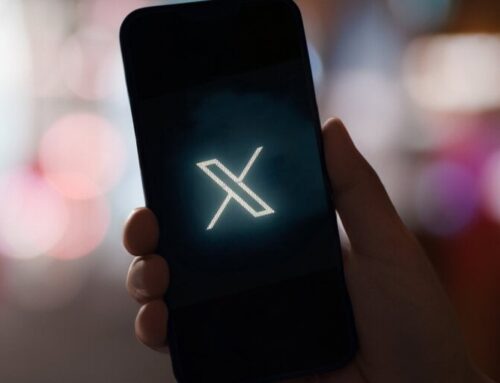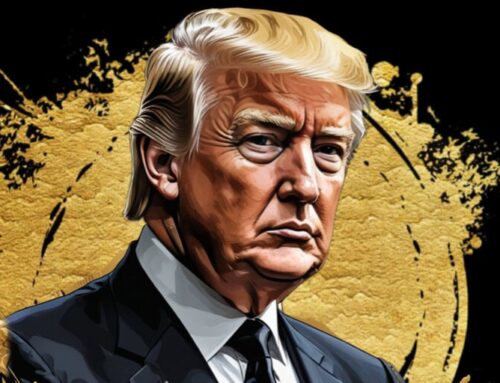
Bitcoin-loving El Salvador is making progress on its goal of attracting tech talent, kicking off the new year by allowing digital asset exchange Bitfinex to set up shop there.
The British Virgin Islands-based exchange said Tuesday that its derivatives arm would relocate to the Central American nation. To operate there, Bitfinex received a Digital Asset Service Provider license from the authorities, per the announcement.
“With this license, we’re proud to relocate Bitfinex Derivatives to El Salvador—a nation leading the charge in building a robust digital economy,” the exchange said in a statement.
🌎 With this licence, we’re proud to relocate Bitfinex Derivatives to El Salvador – a nation leading the charge in building a robust digital economy.
This move strengthens our mission to deliver innovative trading solutions, especially to underserved regions in Latin America. ✅
— Bitfinex (@bitfinex) January 7, 2025
Derivatives in the world of crypto are financial contracts that allow investors and traders to bet on the price movements of digital coins and tokens—without owning the assets themselves.
“El Salvador remains one of the most important countries for Bitcoin and digital assets,” a Bitfinex spokesperson told . “It has put in place laws and regulations to develop a digital asset industry, and many important crypto businesses including Bitfinex have obtained licenses and are operating there. We feel very confident about the future of El Salvador.”
El Salvador is working to attract foreign investment after once being a crime-ridden country. Accelerators in the country have launched programs to help small and medium-sized businesses.
But the International Monetary Fund, with whom it had been negotiating a loan, recently required El Salvador to scale back its crypto ambitions. The country agreed to stop legally requiring businesses to accept Bitcoin—but said it would still buy the asset.
Under President Nayib Bukele, who came to power in 2019, El Salvador made Bitcoin legal tender (along with the dollar). It also announced a law forcing businesses to accept the orange coin if they had the technological means to do so.
And President Bukele has continued to buy the cryptocurrency as a long-term investment for the nation’s coffers. According to SpotOnChain data, the government’s official wallet holds over 6,000 BTC—today worth $564.6 million.
El Salvador has dramatically rebranded itself under President Bukele, going from one of the most murderous nations on the planet to a tech-friendly spot for beach-loving nomads.
The country in 2023 announced a visa program offering foreigners a passport and residency if they invest $1 million in the form of Bitcoin or Tether—the world’s biggest stablecoin, pegged to the U.S. dollar—in the tiny Central American country.
If polls are to be believed, Salvadorans like President Bukele, but still appear to broadly have little interest in Bitcoin.
Non-governmental organizations such as Amnesty and Human Rights Watch have alleged a “widespread pattern of state abuse” by Salvadoran authorities under Bukele, as well as the dismantling of democratic checks and balances.
Daily Debrief Newsletter
Start every day with the top news stories right now, plus original features, a podcast, videos and more.




